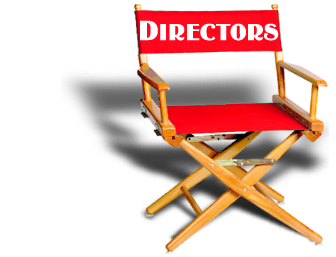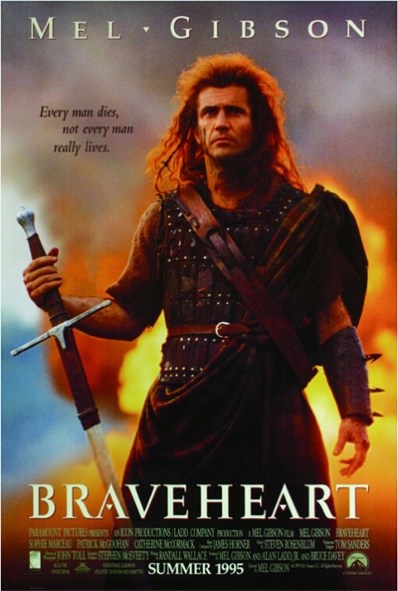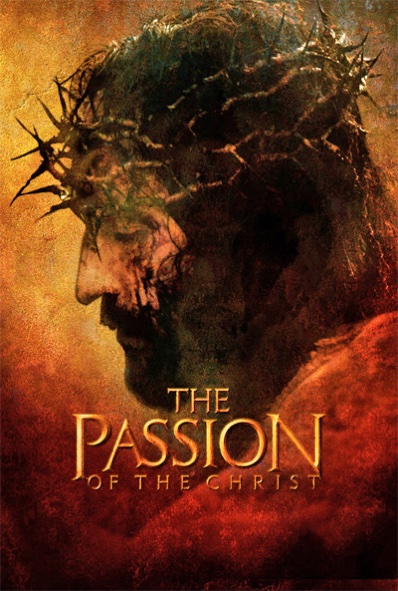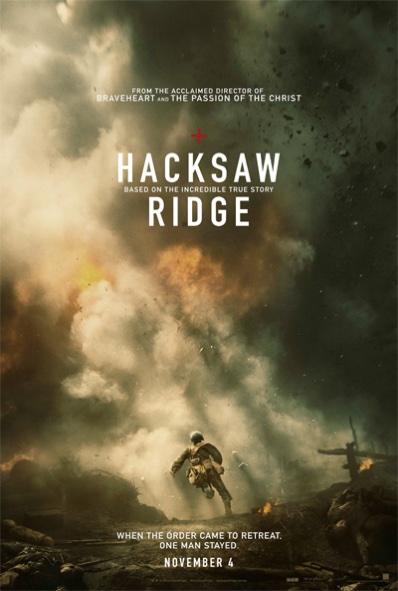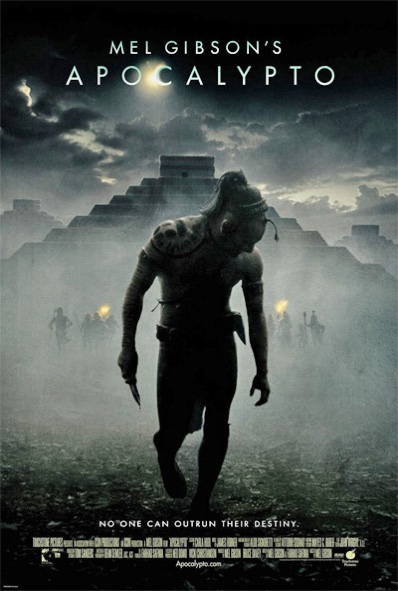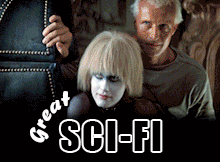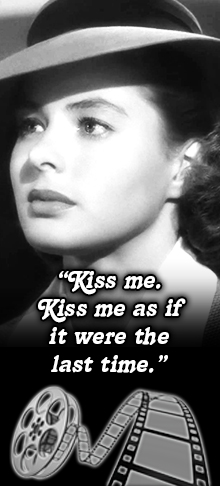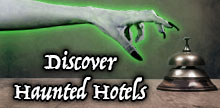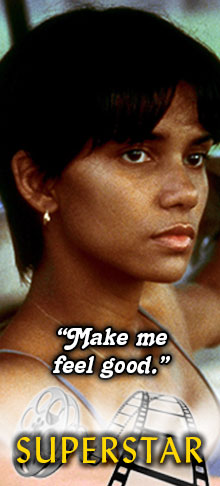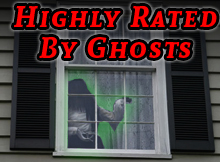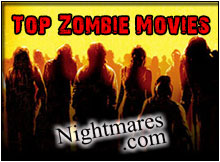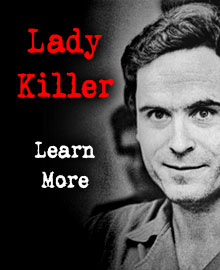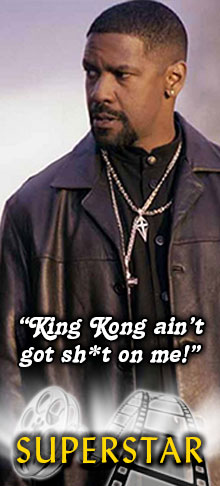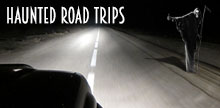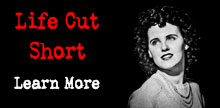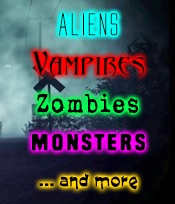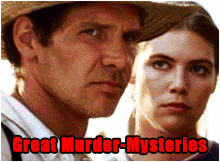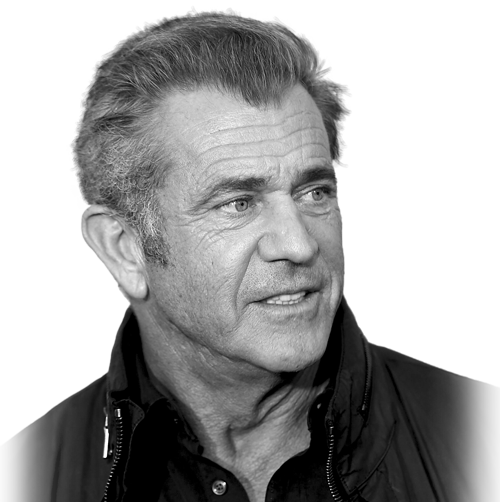
Mel Gibson
Best known for his work in front of the camera as an action hero in the Lethal Weapon and Mad Max movies, Mel Gibson’s pinnacle achievements as a director are Braveheart (1995) — for which he won a Best Director Oscar — and The Passion of the Christ (2004).
Mel Gibson was born in Peekskill, New York, on January 3, 1956, the sixth of eleven children, and the second son of Hutton Gibson, a writer, and Irish-born Anne Patricia (née Reilly). Gibson’s paternal grandmother was opera contralto Eva Mylott (1875–1920), who was born in Australia, to Irish parents, while his paternal grandfather, John Hutton Gibson, was a millionaire tobacco businessman from the American South. One of Gibson’s younger brothers, Donal, is also an actor. Because of his mother, Gibson retains dual Irish and American citizenship.
Gibson was educated by members of the Congregation of Christian Brothers at St Leo’s Catholic College in Wahroonga, New South Wales, during his high school years.
He studied at the National Institute of Dramatic Art (NIDA) in Sydney. Students at NIDA were classically trained in the British-theater tradition rather than in preparation for screen acting.
While a student at NIDA, Gibson made his film debut in the 1977 film Summer City, for which he was paid $400.
Gibson then played the title character in the film Mad Max (1979). He was paid $15,000 for the role. Shortly thereafter he did a season with the South Australian Theatre Company. During this time he shared a $30 a week apartment in Adelaide with his future wife Robyn.
Film critics took notice when he entered the cinematic scene. In 1982, Vincent Canby wrote that “Mr. Gibson recalls the young Steve McQueen… I can’t define “star quality,” but whatever it is, Mr. Gibson has it.” He was likened to “a combination Clark Gable and Humphrey Bogart.” Gibson’s roles in the Mad Max series of films, Peter Weir’s Gallipoli, and the Lethal Weapon franchise made him an action hero. Later, Gibson expanded into a variety of acting projects including dramas such as Hamlet, and comedic roles such as those in Maverick and What Women Want.
Director Peter Weir cast Gibson as one of the leads in the critically acclaimed World War I drama Gallipoli, which earned Gibson another Best Actor Award from the Australian Film Institute. In 1982 Gibson again attracted critical acclaim in Peter Weir’s romantic thriller The Year of Living Dangerously. Following a year hiatus from film acting after the birth of his twin sons, he took on the role of Fletcher Christian in The Bounty in 1984. Gibson earned his first million dollar salary for playing Max Rockatansky for the third time, in Mad Max Beyond Thunderdome in 1985.
In 1985, after working on four films in a row, Gibson took almost two years off at his Australian cattle station. He returned to play the role of Martin Riggs in Lethal Weapon, a film which helped to cement his status as a Hollywood leading man. Gibson’s next film was Robert Towne’s Tequila Sunrise, followed by Lethal Weapon 2, in 1989. Gibson next starred in three films back-to-back: Bird on a Wire, Air America, and Hamlet; all were released in 1990.
During the 1990s, Gibson alternated between commercial and personal projects. His films in the first half of the decade were Forever Young, Lethal Weapon 3, Maverick, and Braveheart. He then starred in Ransom, Conspiracy Theory, Lethal Weapon 4, and Payback. Gibson also served as the speaking and singing voice of John Smith in Disney’s Pocahontas.
In 2000, Gibson appeared in three films that grossed over $100 million: The Patriot, Chicken Run, and What Women Want. In 2002, he appeared in the Vietnam War drama We Were Soldiers and M. Night Shyamalan’s Signs, which became the highest-grossing film of his acting career. While promoting Signs, Gibson said that he no longer wanted to be a movie star and would only act in film again if the script were truly extraordinary. In 2010, he appeared in Edge of Darkness, which marked his first starring role since 2002 and was an adaptation of an identically titled BBC miniseries.
After his success with the Lethal Weapon franchise, Gibson moved into producing and directing, forming Icon Productions with partner Bruce Davey in 1989.
Gibson has credited his directors, particularly George Miller, Peter Weir, and Richard Donner, with teaching him the craft of filmmaking and influencing him as a director. According to Robert Downey, Jr., studio executives encouraged Gibson in 1989 to try directing, an idea he rebuffed at the time.
But just six years later, in 1995, Mel Gibson directed, produced, and starred in Braveheart, a biographical film of Sir William Wallace, a Scottish nationalist who was executed in 1305 for “high treason” against King Edward I of England. Gibson received two Academy Awards, Best Director and Best Picture, for just his second directorial effort. In winning the Academy Award for Best Director, Gibson became only the sixth actor-turned-filmmaker to do so. Braveheart influenced the Scottish nationalist movement and helped to revive the film genre of the historical epic; the Battle of Stirling Bridge sequence is considered by critics to be one of the all-time-best-directed battle scenes.
The film’s depiction of the Prince of Wales as an effeminate homosexual drew the ire of gay activists, who were particularly angered by a scene in which King Edward I murders his son’s male lover by throwing him out of a castle window.
Gibson replied, “The fact that King Edward throws this character out a window has nothing to do with him being gay… He’s terrible to his son, to everybody.”
Gibson asserted that the reason that king Edward I kills his son’s lover is because the king is a “psychopath”.
Gibson had long planned to direct a remake of Fahrenheit 451, but in 1999 the project was indefinitely postponed because of scheduling conflicts. Gibson was scheduled to direct Robert Downey, Jr. in a Los Angeles stage production of Hamlet in January 2001, but Downey’s drug relapse ended the project. In 2002, while promoting We Were Soldiers and Signs to the press, Gibson mentioned that he was planning to pare back on acting and return to directing.
In 2004, he released the controversial film The Passion of the Christ, with subtitles, which he co-wrote, co-produced, and directed. The film became the highest grossing R-rated film of all time with $370,782,930 in U.S. box office sales.
The Anti-Defamation League accused Gibson of anti-semitism over the film’s unflattering depiction of Caiaphas and the Sanhedrin.
In The Nation, reviewer Katha Pollitt said, “Gibson has violated just about every precept of the (United States Conference of Catholic Bishops) conference’s own 1988 ‘Criteria’ for the portrayal of Jews in dramatizations of the Passion (no bloodthirsty Jews, no rabble, no use of Scripture that reinforces negative stereotypes of Jews, etc.) … The priests have big noses and gnarly faces, lumpish bodies, yellow teeth; Herod Antipas and his court are a bizarre collection of oily-haired, epicene perverts…”
Among those who defended Gibson were Orthodox Jewish Rabbi Daniel Lapin and radio talk show host Michael Medved.
In an interview with the Globe and Mail, Gibson said, “If anyone has distorted Gospel passages to rationalize cruelty towards Jews or anyone, it’s in defiance of repeated Papal condemnation. The Papacy has condemned racism in any form… Jesus died for the sins of all times, and I’ll be the first on the line for culpability”.
In 2006, he moved on to directing the action-adventure film Apocalypto, his second cinematic excursion to feature sparse dialogue in a non-English language, set in Mesoamerica during the early 16th century against the turbulent end times of a Maya civilization. The dialogue is spoken in the Yucatec Maya language by a cast of Native American descent.
Gibson himself has stated that the film is an attempt at making a deliberate point about great civilizations and what causes them to decline and disintegrate. Gibson said, “People think that modern man is so enlightened, but we’re susceptible to the same forces — and we are also capable of the same heroism and transcendence.” This theme is further explored by a quote from Will Durant, which is superimposed at the very beginning of the film: “A great civilization is not conquered from without until it has destroyed itself from within.”
Asked in 2007 if he planned to return to acting and specifically to action roles, Gibson said: “I think I’m too old for that, but you never know. I just like telling stories. Entertainment is valid and I guess I’ll probably do it again before it’s over. You know, do something that people won’t get mad with me for.”
He has also expressed an intention to direct a movie set during the Viking Age, starring Leonardo DiCaprio. Like The Passion of the Christ and Apocalypto, he wants this speculative film to feature dialogue in period languages. However, DiCaprio ultimately opted out of the project. In a 2012 interview, Gibson announced that the project, which he has titled Berserker, was still moving forward.
Gibson has a reputation for practical jokes, puns, Stooge-inspired physical comedy, and doing outrageous things to shock people. As a director he sometimes breaks the tension on set by having his actors perform serious scenes wearing a red clown nose. Helena Bonham Carter, who appeared alongside him in Hamlet, said of him, “He has a very basic sense of humor. It’s a bit lavatorial and not very sophisticated.” During the filming of Hamlet, Gibson would relieve pressure on the set by mooning the cast and crew, directly following a serious scene. Gibson inserted a single frame of himself smoking a cigarette into the 2005 teaser trailer of Apocalypto.
Gibson and his former wife have contributed substantial amounts of money to various charities, one of which is Healing the Children. According to Cris Embleton, one of the founders, the Gibsons gave millions to provide lifesaving medical treatment to needy children worldwide. They also supported the restoration of Renaissance artwork and gave millions of dollars to NIDA.
Gibson donated $500,000 to the El Mirador Basin Project to protect the last tract of virgin rain forest in Central America and to fund archeological excavations in the “cradle of Mayan civilization.” In July 2007, Gibson again visited Central America to make arrangements for donations to the indigenous population. Gibson met with Costa Rican President Óscar Arias to discuss how to “channel the funds.” During the same month, Gibson pledged to give financial assistance to a Malaysian company named Green Rubber Global for a tire recycling factory located in Gallup, New Mexico. While on a business trip to Singapore in September 2007, Gibson donated to a local charity for children with chronic and terminal illnesses. Gibson is also a supporter of Angels at Risk, a nonprofit organization focusing on education about drug and alcohol abuse among teens.
In a 2011 interview, Gibson said of his philanthropic works, “It gives you perspective. It’s one of my faults, you tend to focus on yourself a lot. Which is not always the healthiest thing for your psyche or anything else. If you take a little time out to think about other people, it’s good. It’s uplifting.”
Mel Gibson’s directing credits include…
| Year | Movie |
|---|---|
| 2016 | Hacksaw Ridge |
| 2006 | Apocalypto |
| 2004 | The Passion of the Christ |
| 1995 | Braveheart |
| 1993 | The Man Without a Face |
Memorable Quotes by Mel Gibson
“I like directing much better. It’s more fun, that’s all there is to it. It’s essentially the same job, which is storytelling, but you have more control over the way you want to tell the story. It’s a high. I love it.”
“ My fears: everything from being afraid that I’m going to run out of cream for my cornflakes right up to someone chopping my privates off.”
“There is no salvation for those outside the Church…I believe it. Put it this way. My wife is a saint. She’s a much better person than I am. Honestly. She’s like, Episcopalian, Church of England. She prays, she believes in God, she knows Jesus, she believes in that stuff. And it’s just not fair if she doesn’t make it, she’s better than I am. But that is a pronouncement from the chair. I go with it.”
“I wasn’t exactly the most zealous keeper-of-the-flame, you know? I was a pretty wild boy quite frankly. Even now when I’m trying more than I was before, I still fail every day at some level, but that’s being human.”
“I’d like to be able to wake up early every morning, but I don’t. I’d like to quit smoking. I’d like to never lose my temper. The list goes on and on. I’d even like to get dressed by myself, and not have other people watching me.”
“I got to a very desperate place. Very desperate. Kind of jump-out-of-a-window kind of desperate. And I didn’t want to hang around here, but I didn’t want to check out. The other side was kind of scary. And I don’t like heights, anyway. But when you get to that point where you don’t want to live, and you don’t want to die, it’s a desperate, horrible place to be. And I just hit my knees. And I had to use The Passion of the Christ (2004) to heal my wounds.”
Things You May Not Know About Mel Gibson
He was awarded the AO (Officer of the Order of Australia), Australia’s highest honor, in mid-1997.
He took up acting only because his sister submitted an application behind his back. The night before an audition, he got into a fight, and his face was badly beaten, an accident that won him the role.
The doctor who delivered him into the world is believed to be Charles Sweet, grandfather of filmmaker Jay Ruzicka.
He almost turned down the role of William Wallace in Braveheart (1995) because he thought he was too old for the role. He asked the producers if he could direct it instead. A compromise was made, he could direct the movie if he agreed to portray Wallace.
For The Passion of the Christ (2004), which he directed, wrote and produced, he spent 25 million dollars of his own money. Back in 1992, he started doing research for the movie that was not released until 2004.
He has his own private chapel in his grounds, where he attends mass every day.
